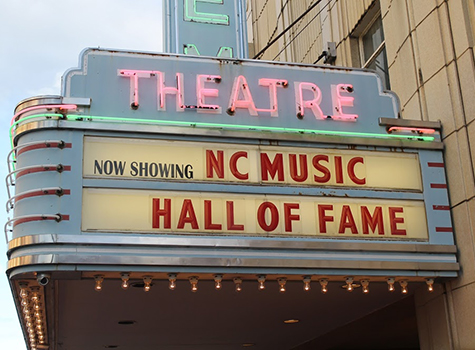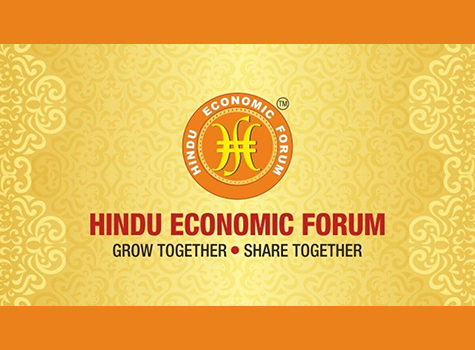
So, last month I was lamenting my Burger King and Taco Bell diet and now my newest health diagnosis is forcing me to put a stop to gluttony. To make matters worse, I have guilt garnishing my hunger because I have known what was good for me for two decades. Lots of us know “it” but ignore it for various reasons ranging from being what we consider fit and macho, to being statistical geniuses who can do the math about how many young people will drop dead with a double whopper in their hands.
Of course, like a cracking levee, health issues creep up on us over years until the dam bursts and we are left scratching our heads at the local pharmacy—and wondering why even the doctors, nurses and the pharmacy staff is morbidly obese while they are lecturing you on diet and exercise. And let me stretch the water metaphor farther in this aftermath of a hurricane and say everything we ever think of now has the inevitability of spilling over on social media.
For a decade, I read horror stories about how animals in the meat and dairy industries had become nothing but a commodity. A callous and usually immigrant labor force was all that these industries could find to splash in blood all day or throw ground up garbage to cows hooked up to milking machines. In the grocery store, of course, we pick the carton with the smiling cow, and at the BBQ restaurant, we take selfies in front of neon signs of smiling pigs.
I was finally glad that animal rights and consciousness of health finally had made it to the Subcontinent. When vegetarianism arrived at my house, a lot of my cousins, and almost all of their children, were, well, kids were not yet even born. My family wasn’t breaking fresh ground in the early 1990s either. There were hippies 40 years before us who could smoke plants and feel like goats were discussing existentialism with them. My argument gelled over a quarter century into something dramatically different from where I started. I tried unsuccessfully to argue with friends on social media about why I didn’t just fall off the wagon; I was never on the wagon, choosing rather to hang on to the wheel that crushed me on every rotation in the great battle of human health and animal rights.
When my wife handed me John Robbins’ legendary book “Diet for a New America” in 1992, it brought not only the suffering of animals, but also the suffering of those consuming animal products, into a light that was already shining on my brain. Robbins, of course, was heir to the Baskins & Robbins ice cream empire, but decided instead to shun the treatment of animals as commodities, and promote veganism. Over the years, as the internet expanded, I gave up meat both due to animal rights and for health reasons. Then came dairy and how growth hormones, the terrible conditions on dairy farms, the pasteurization, the terrible abuse of dairy cows whose lives were shortened to 2-3 years, was what was delivering to us the milk, the butter, the ice cream that is now part of our dietary world.
Finally came organic and the world felt better, although by that time I had developed an eating disorder due to constantly reading that there was nothing healthy to eat in America. After many years of not being able to digest much of anything, I went on a suicide mission to just eat something without worrying about the consequences, and without being constantly hungry. My daughters, who have always been organic, dairy-eating vegetarians, had their own battles. But now as adults, they have adjusted to living a plant-based life in a meat-obsessed world.
When I encounter the younger generation embarking on this battle, I point out the obvious questions that have plagued the veggie movement since inception. Most of us are somewhere on the spectrum fighting the system. We all know the truth about nutrition, about heart disease, about cancer risks, about cutting our lives short. Most of us have read how many acres of feed it takes to create one steak. Over decades, I have met vegetarians who think chicken is a vegetable. I have met vegetarians who eat fish. I have met vegetarians who are drowning in butter and ice cream and sugars.
And then, there are the Western vegetarians who are not really vegetarians but just advocate moderation—or Desi foods. Yes, I eat turmeric capsules daily. I sprinkle cumin and coriander on everything from fried eggs to peanut butter sandwiches. But alas, the science has not come in yet on how all that will save my life over a Big Mac. The truth is that even accounting for lack of healthcare, a “tough life,” or other confounding factors, we live a decade less than most Western populations—even accounting for infectious disease (which is not a common killer of affluent Desi people).
My argument coming full circle on this over 25 years is now clear as twilight: affluent people overeat and offset the gains over poor people’s hard lives, infections, and nutritional deficiencies by dying of obesity and sedentary lifestyles. I have lost weight and am maintaining it eating raw spinach salads and one slice of bread at most meals. It is not tasty and I am hungry right now. Yes, my argument is that we are also commodities, like cattle, like chickens, like milk cows in industrial facilities. I eat a double hamburger while driving because now the cell phone keeps the boss, the clients, the family, all connected to me 24/7. I eat fast, and seeking convenience. I eat bland, non-spicy, non-pungent so the clients, the board room, the co-workers don’t say I smell of garlic or curry. I eat junk to relieve the stress of my lifestyle and to distract myself from constant hunger. We are exactly where the corporate PR machinery wants us to be to keep the cash flowing.
Stress.
———-
Ahsen Jillani a former editor and publisher, is originally from Islamabad, Pakistan, and now lives in Mint Hill. He owns Must Media, a PR company focusing on both political and corporate clients.
Posted: Monday, October 1, 2018



